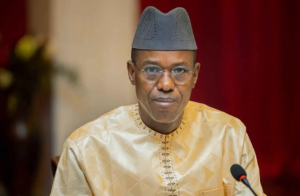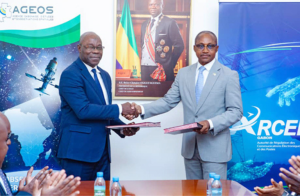Burkina Faso: Increased state participation and new development measures in the mining industry

The mining industry, particularly gold mining, plays a crucial role, accounting for 14% of the GDP and 79% of exports in Burkina Faso. To enhance control and increase profits in this strategic sector, the Burkinabe government has recently passed a bill aimed at revising the existing mining code.
One of the key proposals in this revision is to raise the state’s stake in industrial mines from 10% to 15%.
This measure aims to ensure a larger share of mining revenues for the state while promoting fairer management of the country’s mineral resources.
Additionally, the bill includes the creation of a national gold reserve, to which mining companies will contribute.
This reserve will bolster national reserves and better manage fluctuations in global gold prices.
Another significant aspect of this revision is the transformation of the Local Development Mining Fund into a broader Development Mining Fund.
This change will allow the fund to finance a wider range of projects at both national and local levels.
Among the proposed projects are support for local development initiatives, digitization of the mining sector, and counterterrorism efforts.
This revision of the mining code comes at a time when Burkinabe authorities are striving to maximize revenues and promote sustainable development in the mining industry.
The country faced a decline in gold production in 2022, along with the closure of its largest zinc mine.
These challenges have prompted the government to adopt a proactive approach to improve management and profitability in the mining sector.
The revised mining code in Burkina Faso aims to increase state participation in the mining industry while fostering sustainable and equitable development.
These measures are crucial for ensuring optimal use of the country’s mineral resources and contributing to economic growth and the well-being of the Burkinabe population.
Papa Ibrahima











